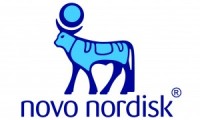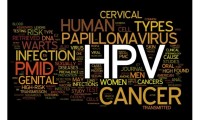-
Atlas and OrbiMed back Boston’s Kyn in $49M round to pursue immunometabolism therapies
- Source: Endpts
- 503
- December 18, 2017
-
Chi-Med Initiates Fruquintinib U.S. Clinical Trials
- Source: chi-med
- 658
- December 18, 2017
-
New Formulation of ONCASPAR®▼ (pegaspargase) Receives Marketing Authorization in Europe for Patients with Acute Lymphoblastic Leukemia (ALL)
- Source: Shire
- 602
- December 15, 2017
-
Gilead Sciences to Acquire Cell Design Labs for $567 Million
- Source: qc.nasdaq
- 423
- December 11, 2017
-
More than 2,000 immune-oncology drugs now in development
- Source: pharmatimes
- 473
- December 11, 2017
-
Obsidian Therapeutics Announces $49.5 Million Series A Financing to Develop Controllable Cell and Gene Therapy Products
- Source: Businesswire
- 552
- December 8, 2017
-
Gallup Pakistan report
- Source: pakistantoday
- 502
- December 6, 2017
-
Neon Therapeutics Completes $106 Million Crossover Series B Financing
- Source: Businesswire
- 425
- December 6, 2017
-
Novo Nordisk Receives FDA Approval of Ozempic (semaglutide) Injection For the Treatment of Adults with Type 2 Diabetes
- Source: medicalxpress
- 568
- December 6, 2017
-
Men with HPV are 20 times more likely to be reinfected after one year
- Source: medicalxpress
- 636
- December 6, 2017
your submission has already been received.
OK
Subscribe
Please enter a valid Email address!
Submit
The most relevant industry news & insight will be sent to you every two weeks.













